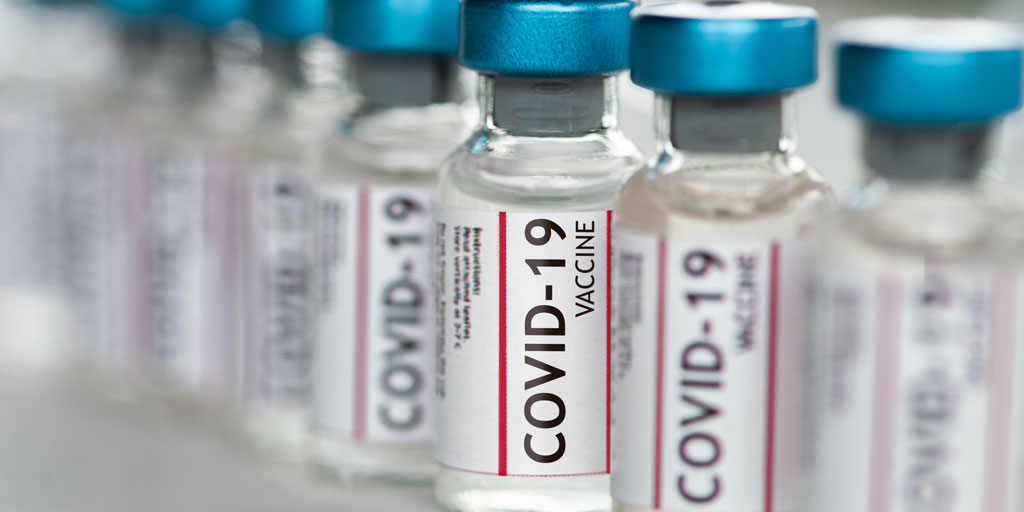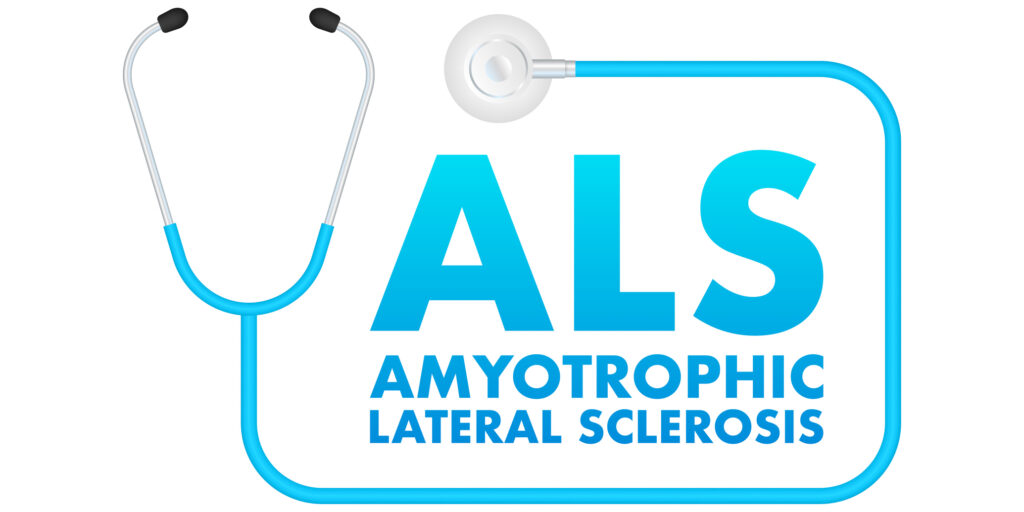
Why You’re Not Addressing Vaccine Concerns (And What You Can Do About It)
By Cheryl Alkon | Tuesday, October 12, 2021
5 Second Summary
To avoid getting seriously sick from COVID-19, healthcare providers and public health experts recommend that everybody who is eligible receive the COVID-19 vaccine.
To avoid getting seriously sick from COVID-19, healthcare providers and public health experts recommend that everybody who is eligible receive the COVID-19 vaccine.
Vaccines have been protecting Americans from dangerous contagious diseases for decades. Thanks to vaccines, polio and mumps are rare today, and smallpox has been eliminated. (To learn more about vaccine history and safety, read “Are Vaccines Safe?”)
As of September 2021, more than 391 million COVID-19 vaccine doses have been given in the United States with a similar record of temporary side effects as other common vaccines, such as the flu shot. Common vaccine side effects include soreness, redness, and swelling in the arm that received the shot and short-term flu-like symptoms. These are normal signs that the body is building immunity and typically go away within a few days, according to the Centers for Disease Control and Prevention (CDC).
As with any vaccine, there’s a chance of allergic reaction to an ingredient in the COVID-19 vaccine. Anybody with a history of severe allergic reactions should talk with their doctor about the vaccine ingredients and their risk for reaction before being vaccinated. Some very rare serious side effects have been reported and are being tracked by the CDC — blood clots following the Johnson & Johnson vaccine and temporary myocarditis (inflammation of the heart muscle) following the Pfizer and Moderna vaccines. However, in the past year, millions of people in the United States have been vaccinated safely.
Barry J. Byrne, MD, PhD, MDA’s chief medical advisor and professor and associate chair of pediatrics at the University of Florida College of Medicine, emphasizes that the benefit of protection against getting severely ill or being hospitalized with COVID-19 far outweighs the risk of side effects from the vaccine.
COVID-19 and neuromuscular disease
People who live with neuromuscular disease are more likely to develop severe illness from a COVID-19 exposure.

Barry J. Byrne, M.D., Ph.D.
“A major symptom in people with neuromuscular disease is diminished breathing ability from respiratory muscle weakness,” Dr. Byrne says. “The respiratory muscles are critical for cough and airway clearance. Any degree of COVID-19 exposure leads neuromuscular patients to be significantly more susceptible to pneumonia, hospitalization, or death.”
This is why it is crucial for people with neuromuscular disease and their family members and caregivers to get a COVID-19 vaccine, which are proven to help protect people from getting sick or severely ill with COVID-19 and help protect people around them.
According to Dr. Byrne, most people in the neuromuscular disease community understand the risk of getting sick with COVID-19 and have sought out vaccinations, which have been shown to be just as effective in people with neuromuscular disease as in those without. Convincing others to get vaccinated, however, can be trickier.
People who have questions or concerns about the vaccine may be open to learning more if a loved one provides information from trusted sources explaining why the vaccines are safe. Appealing to the sense of wanting to protect their family member or close friend with neuromuscular disease also may help.
Why close contacts should get vaccinated
The rise of the Delta variant, a form of the COVID-19 virus that spreads more easily from person to person than earlier virus strains did, makes vaccination even more important. “Anyone infected in the household is highly likely to transmit to others in the household, including infants and children,” Dr. Byrne says.
MDA has resources to help educate yourself and others about COVID-19, including this list of COVID-19 FAQs. Knowing facts about COVID-19 and the vaccine can help you talk with caregivers, family members, or other loved ones who are hesitant about getting the vaccine or question the seriousness of COVID-19.
If you still experience hesitation, Dr. Byrne says, people with neuromuscular disease should advocate for themselves, letting others know that protecting them from COVID-19 is an essential part of caring for them. “Family members may need to overcome their own concerns out of consideration for more fragile members of the household,” he says.
Relying solely on masking and social distancing may not be enough to avoid the virus. In addition, “Eliminating contact, which is what happened early in the pandemic, has its own consequences,” Dr. Byrne says. “The inability to go to school or to have visitors impacts mental health. We want to be able to have those interactions safely, because isolation has a significant impact on the neuromuscular disease community.”
Protecting the community
While vaccinated people can contract COVID-19, the CDC reports that these cases are uncommon and tend to be mild. People with breakthrough infections are much less likely to need hospitalization or a ventilator, which helps ease the strain on our healthcare system and leaves resources available for others who need them.
Widespread vaccination, wearing masks indoors in public places, and regular hand washing is the best way for everyone to help protect people who are vulnerable to severe illness from COVID-19.
Cheryl Alkon is a freelance writer based in Massachusetts.
Next Steps and Useful Resources
- The neuromuscular community may contact the MDA Resource Center for resources and support by phone at 1-833-ASK-MDA1 (1-833-275-6321) or by email at ResourceCenter@mdausa.org.
- Learn more about Covid-19 and MDA resources here.
- To learn more about vaccine history and safety, read “Are Vaccines Safe?”
- Learn more about MDA Care Centers here.
- Stay up to date on all of Quest’s content by subscribing to Quest Magazine and Newsletter: https://www.mda.org/quest/subscribe.
TAGS: COVID-19, Featured Content, Healthcare
TYPE: Featured Article
Disclaimer: No content on this site should ever be used as a substitute for direct medical advice from your doctor or other qualified clinician.




